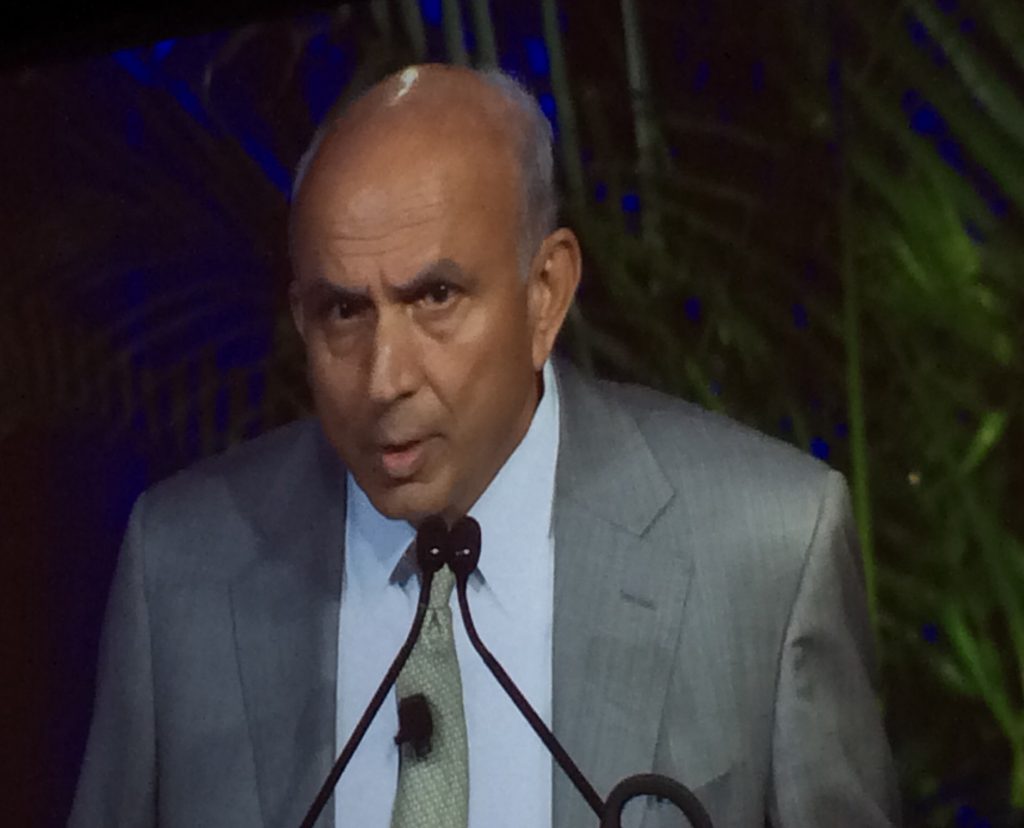Global Market Outlook
At the 2016 PCI Annual Meeting, Prem Watsa, CEO of Fairfax Financial Holdings, talked about the state of the global marketplace.
The last fifteen years (2000-2015) has been the second slowest economic growth rate in the United States – going back to when this was first measured in the late 1700. During this same time, U.S. private and public debt has spiked significantly. The U.S. economy has a tremendous impact on world markets. When you compare the U.S. to other countries Japan, the U.K. and E.U. nations, all have a higher percentage of GDP as debt. This shows how challenging the global economy is right now. There is too much debt in the system to stimulate the world economies.
Long-term government bond rates are also at historic lows. The insurance industry typically invests significantly in government bonds, so the low yields are impacting investment incomes. This problem is not isolated to just the United States. Government bond rates are also down in the U.K., Germany and Japan. In fact, bond rates in those other countries is lower than the United States. There is concern that these bond rates will continue to be low into the future. Essentially, there have been 0% interest rates in the global government bond marketplace for several years.
The stock markets have been performing much better than government bond rates with the S&P 500 index posting new highs, so the insurance industry is looking away from the bond market to the S&P 500 for investments.
Deflation is also a concern. Disruptors, such as Airb&b, shift spending patterns. They are now the largest provider of hotel rooms in the world compared to traditional companies who have invested millions into building infrastructures. This provides a disincentive for traditional companies to grow.
China is such a large economy that their experience has a significant impact on the global marketplaces. There is so much uncertainty around China right now.
The prognosis going forward is challenging because we have never before experienced a global economic downturn like we are seeing right now. It took 89 years for AIG to build $90 billion in assets, and one year to lose it all. Things continue to be unstable and the insurance industry has to be diligent in their underwriting and disciplined in their investing. The speaker shared concern that we may have not learned enough to prevent another collapse similar to the late 1990s, but the global marketplaces are not strong enough to make it through another collapse.
All of the large global economies are trying to stimulate inflation and economic growth in their nations, but this has not been successful so far. Casual investors are not putting money into the stock markets because of a lack of truck caused by the last market crash. We need more investment to stimulate the economy.
Technology will also have a significant impact on the insurance industry going forward. This is changing the way companies underwrite business and handle claims. The insurance industry has not always been at the forefront of embracing change, but they need to adapt to keep pace with consumer demands.


